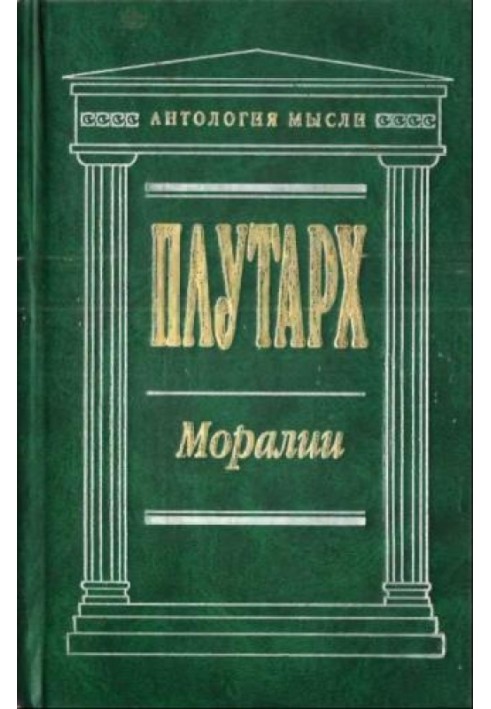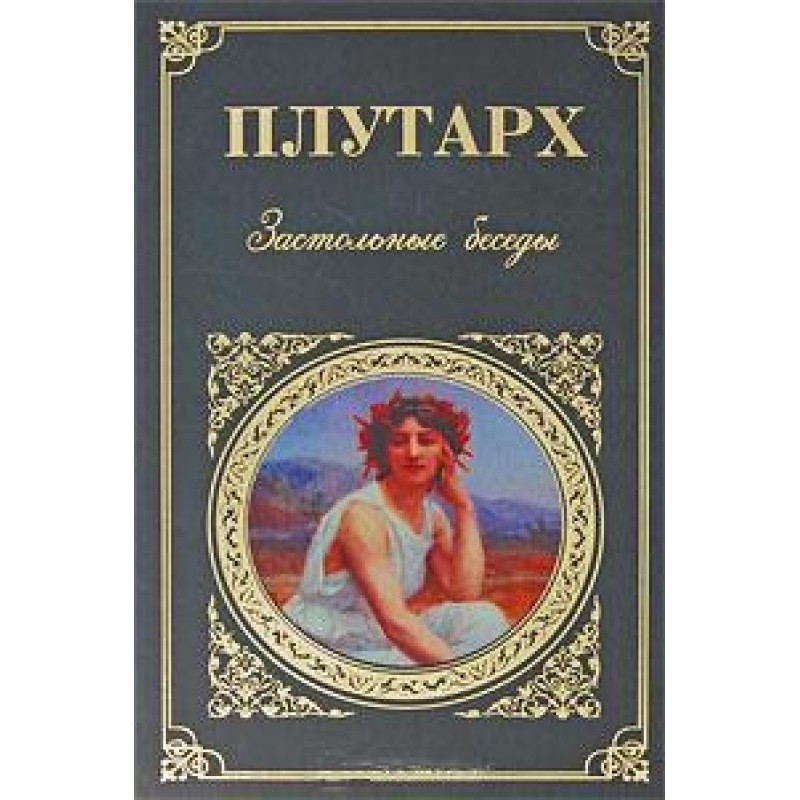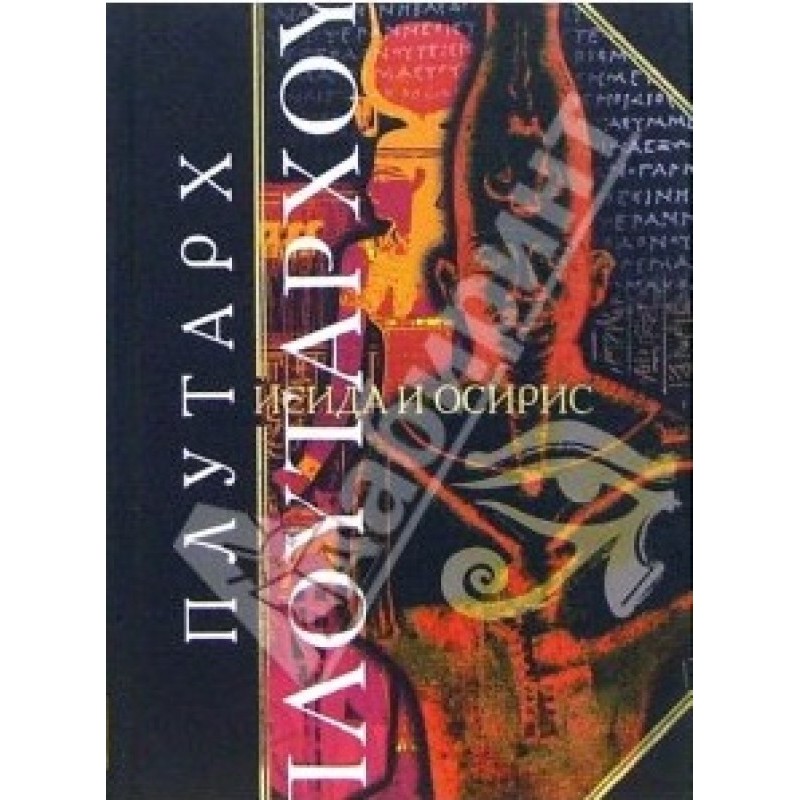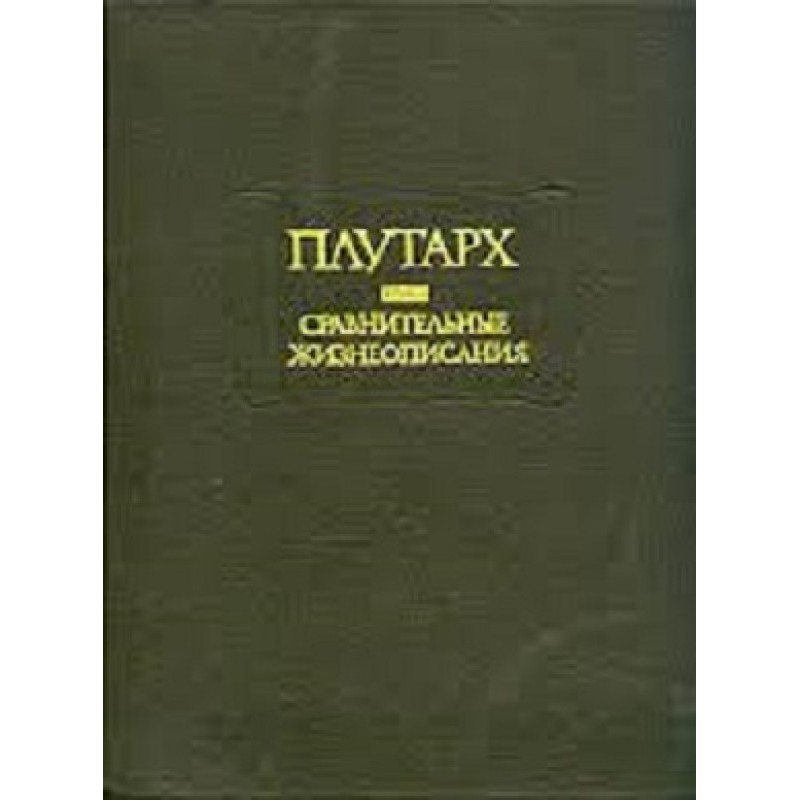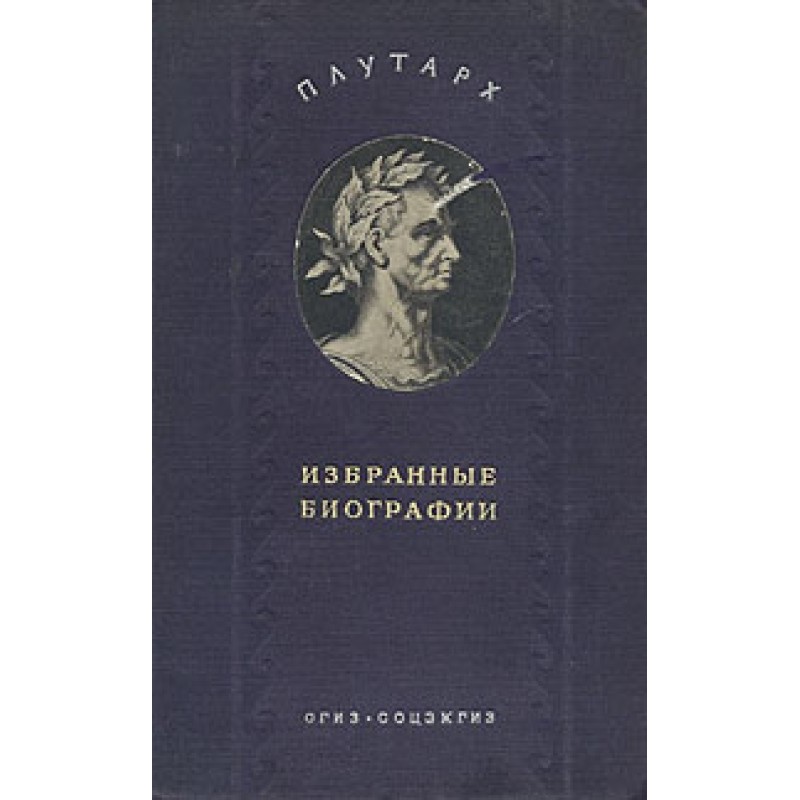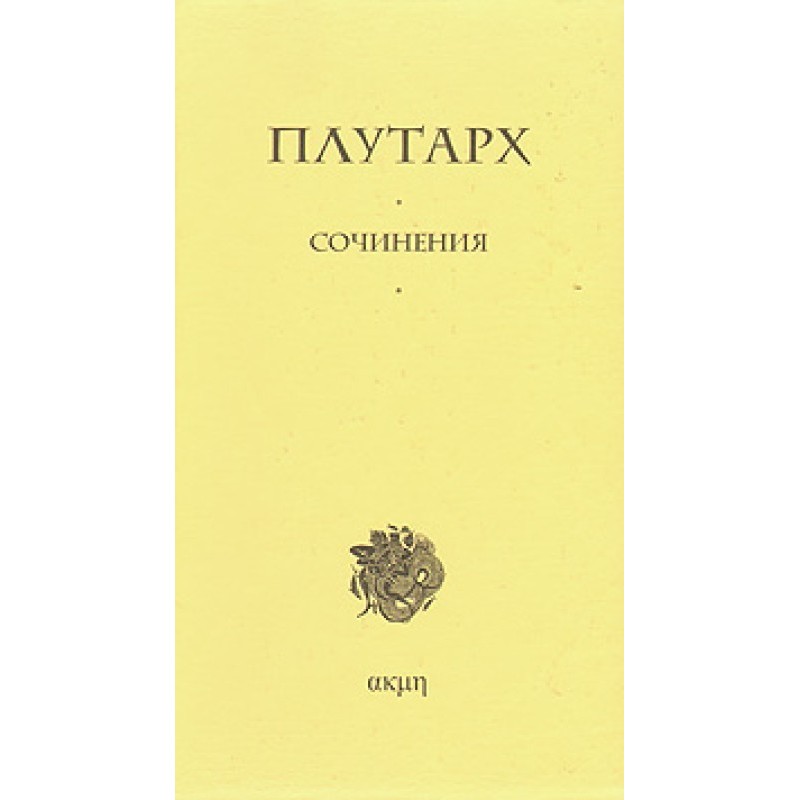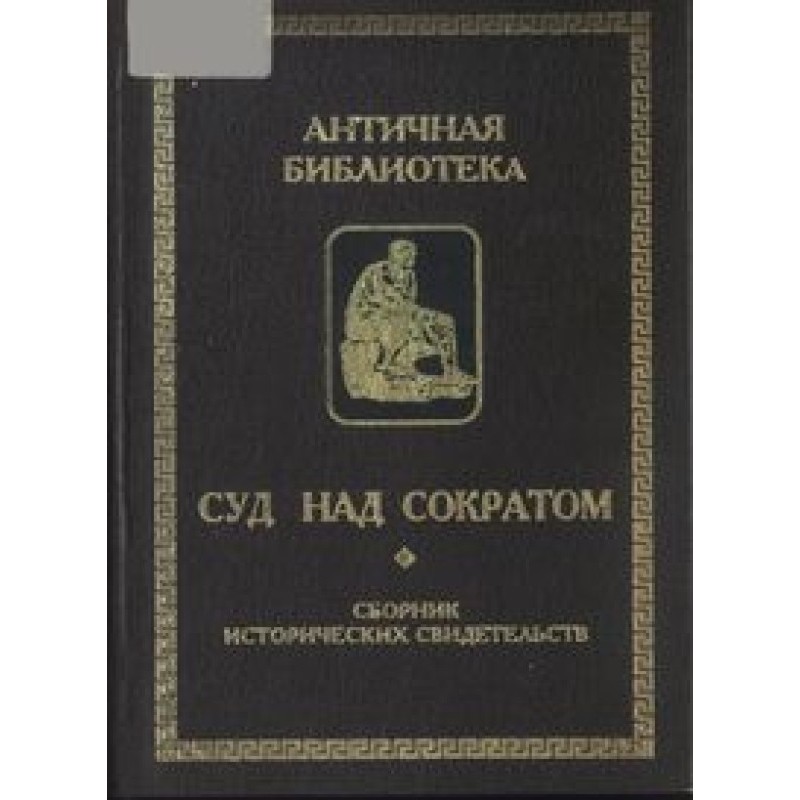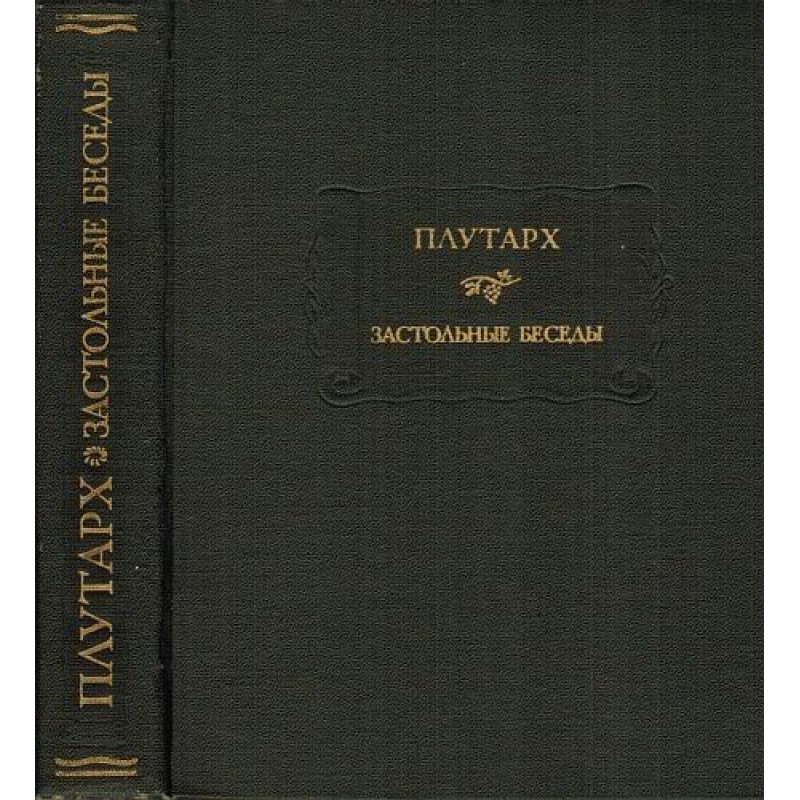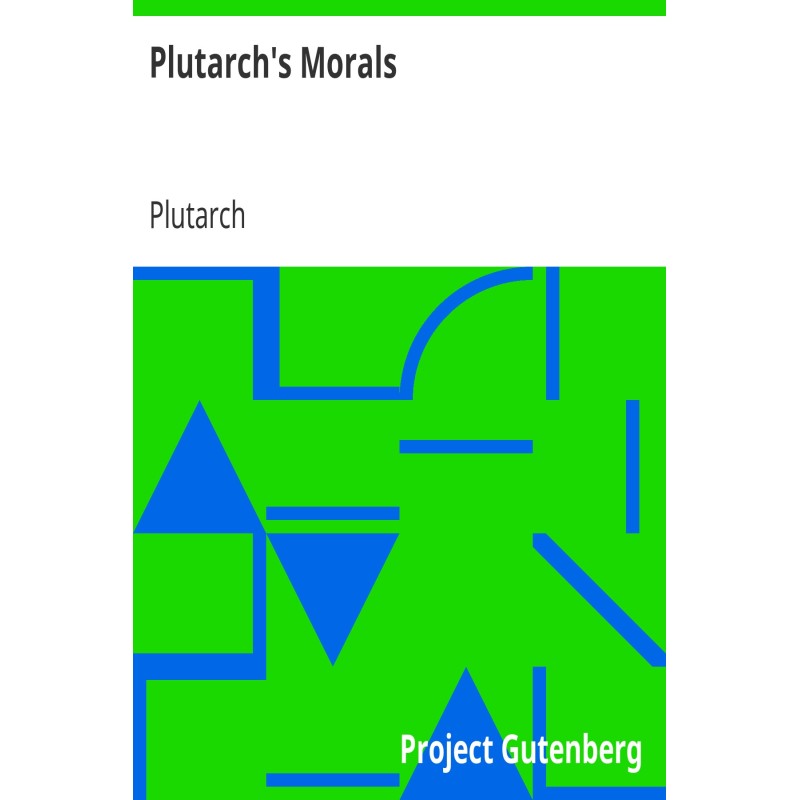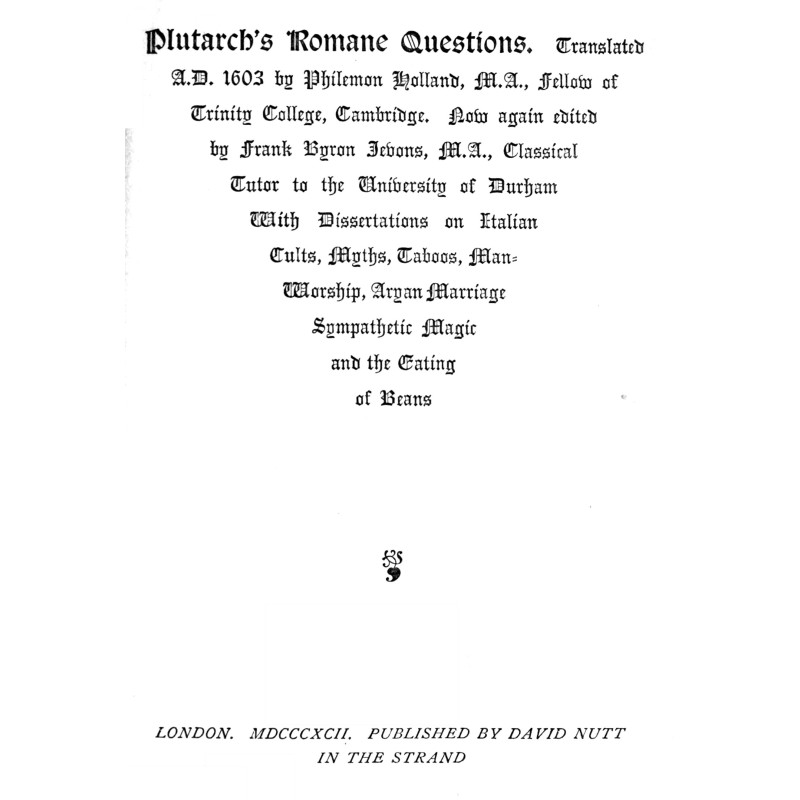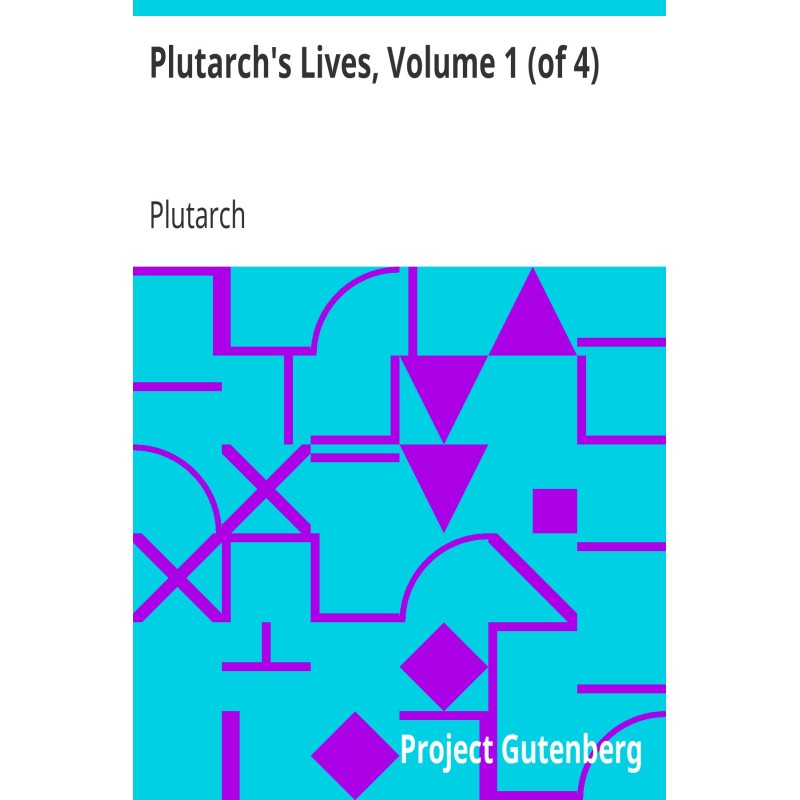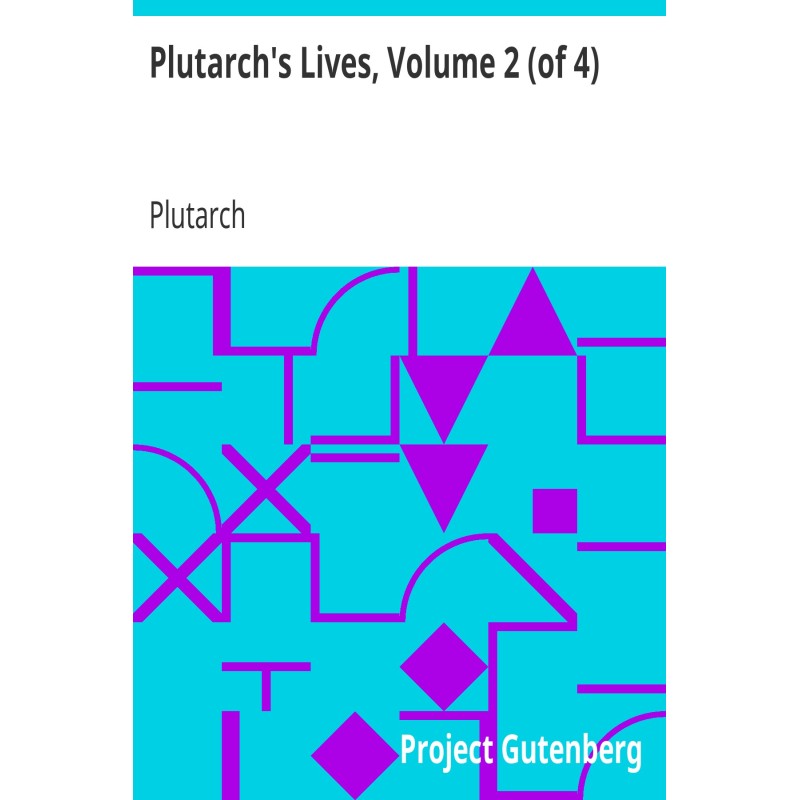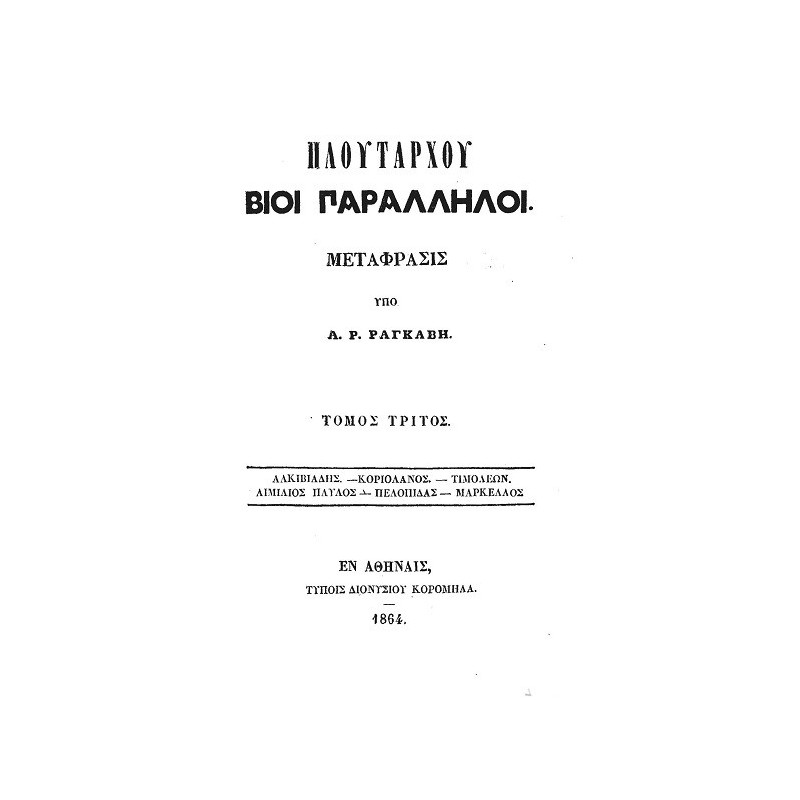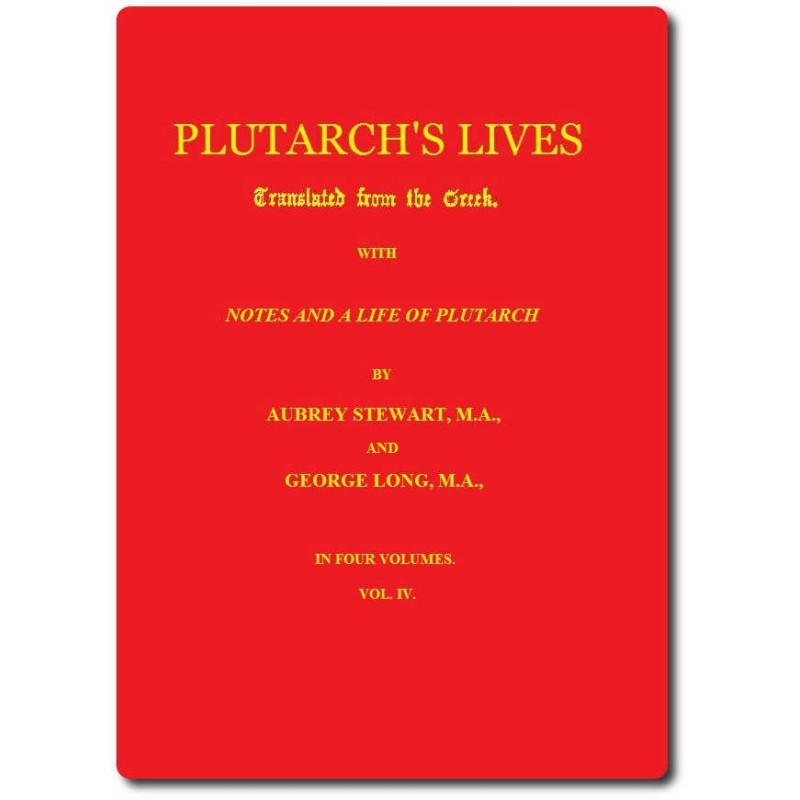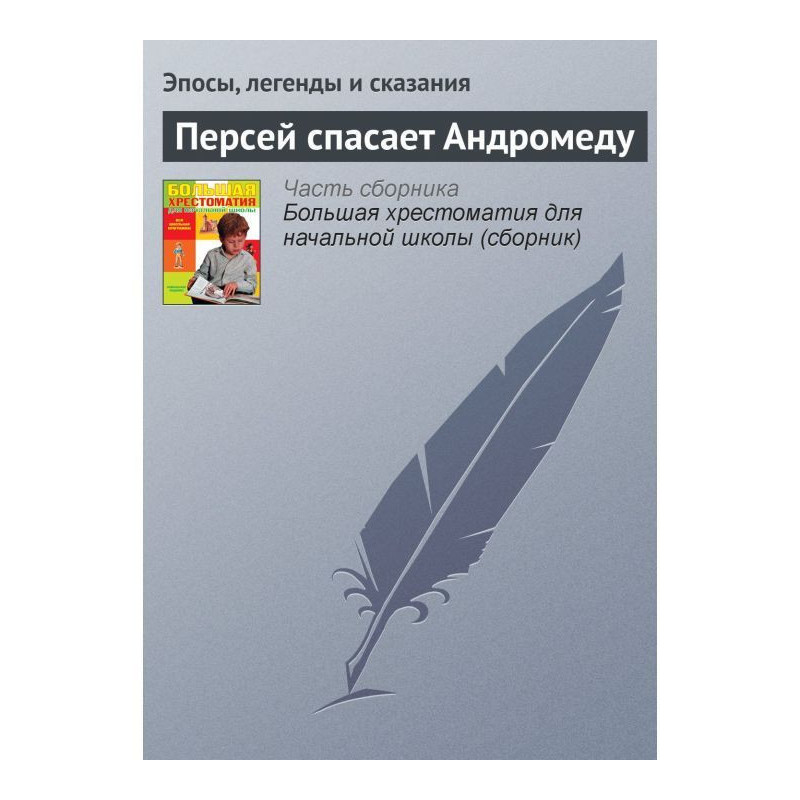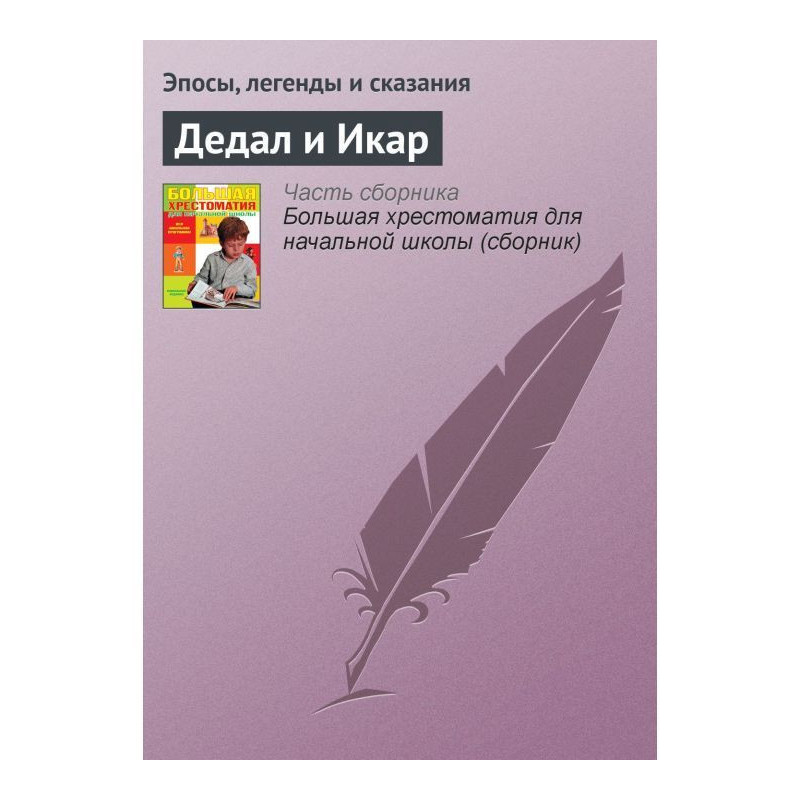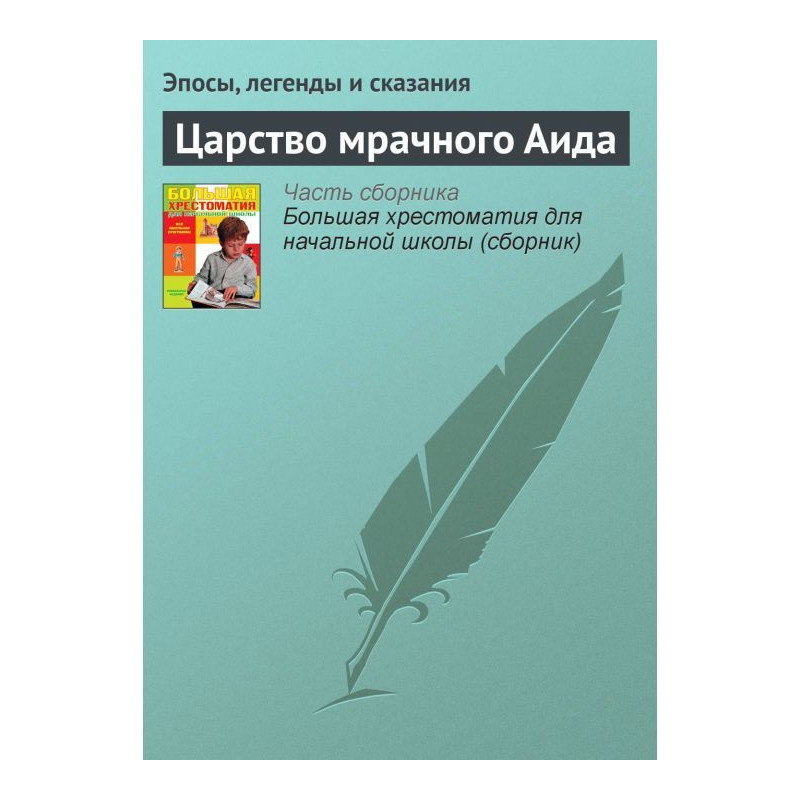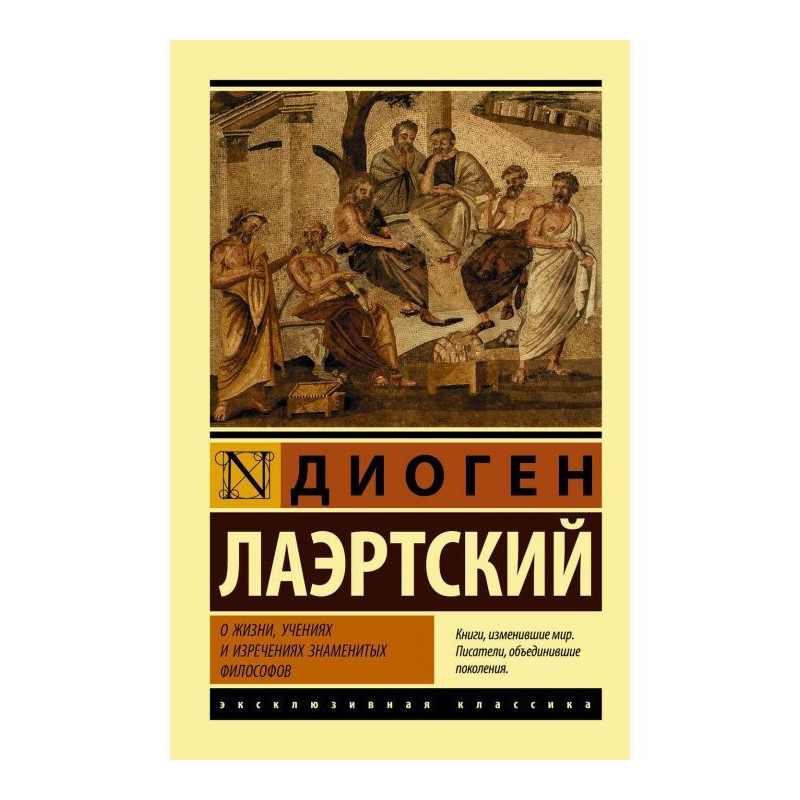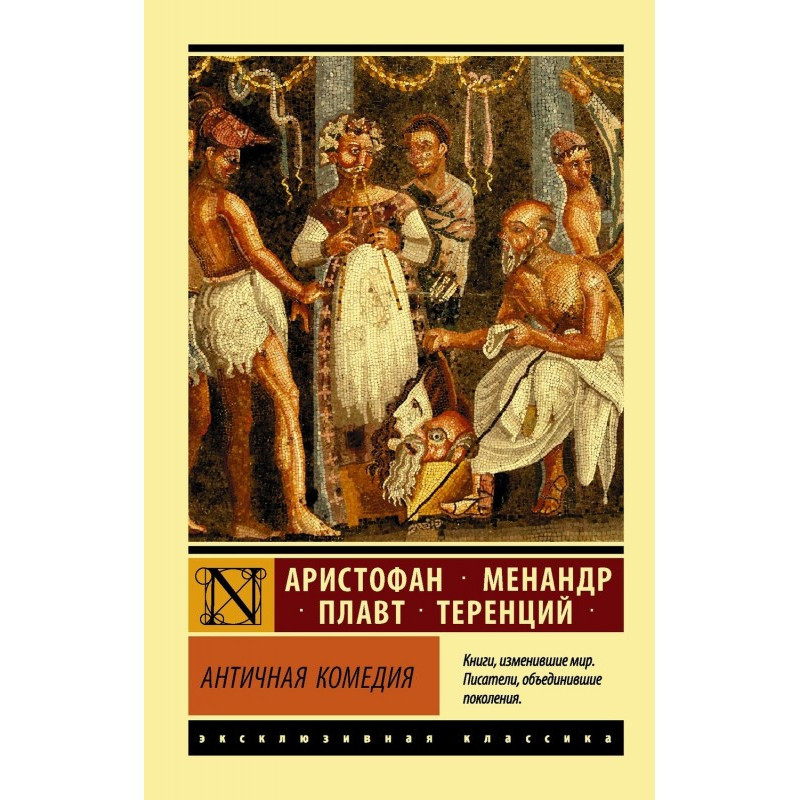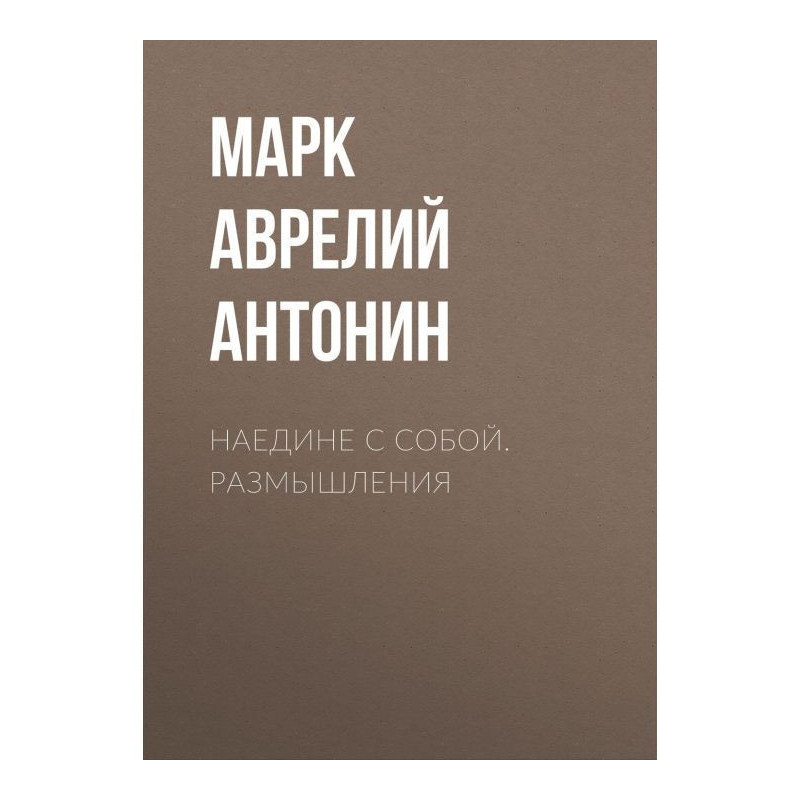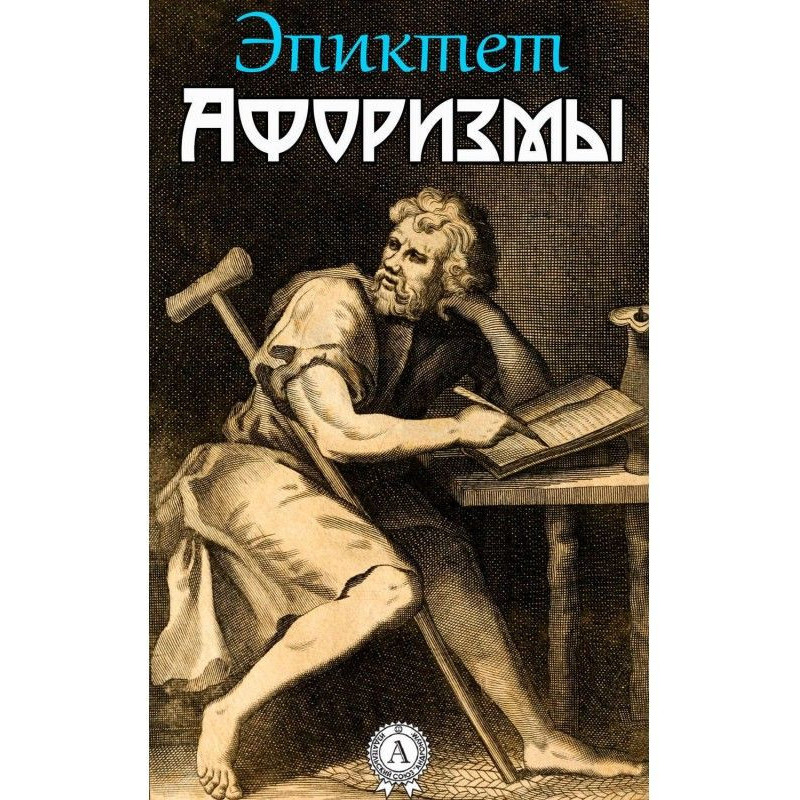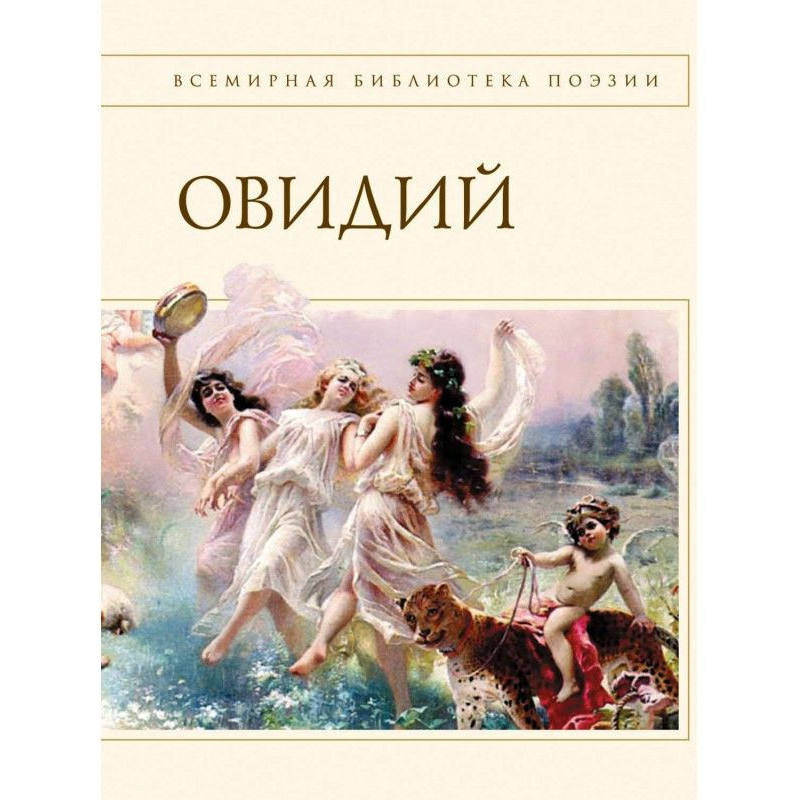Morals: Essays.
 Instant download
Instant download
after payment (24/7)
 Wide range of formats
Wide range of formats
(for all gadgets)
 Full book
Full book
(including for Apple and Android)
In Plutarch, it is especially necessary to highlight works of moralistic content, where he analyzes, for example, human passions such as love of money, anger, and curiosity. If we take into account all the works in which Plutarch develops moralistic themes, we will have to count more than two dozen of them. Very complex topics include table and feast conversations, which, one might say, constitute a special literary genre, as well as collections of sayings. All these works represent one general section, usually bearing the obscure title Moralia. In this section, moral works, however, are presented very widely, and Plutarch does not write almost a single treatise without this morality. However, the given general title for a huge section of essays is better understood as an indication of the problems of human thought and life in general. Philological commentaries on Homer, Hesiod, Aratus, Nikander, which have come down to us only in fragments, should also be included in this type of writings. CONTENTS: Volume I: On the education of children. How can a young man listen to poetic works? About the ability to listen. How to distinguish a friend from a flatterer. How you can realize your own improvement in virtue. Volume II: On the benefits of enemies. About many friends. About luck. About virtue and vice. Consolation to Apollonius. Instructions for maintaining health. Advice to spouses. Feast of the Seven Wise Men. About superstition. Volume III: Sayings of kings and generals. Sayings of the Romans. Sayings of the Spartans. Ancient customs of the Spartans. Sayings of Spartan women. On the virtues of women. Volume IV: Roman Questions. Greek Questions. A collection of parallel Greek and Roman stories. About the luck of the Romans. About the luck and valor of Alexander. Were the Athenians more famous for their wars or their wisdom? Volume V: On Isis and Osiris. About "E" in Delphi. That the Pythia no longer prophesies in verse. On the Decline of OraclesVolume VI: Can Virtue Be Taught? About moral virtue. About suppressing anger. About peace of mind. About brotherly love. About love for offspring. Is it enough to be vicious to cause misfortune? Which suffering is stronger - spiritual or physical? About talkativeness. About curiosity. Volume VII: About the love of money. About false shame. About envy and hatred. About how to praise yourself without arousing envy. Why does the deity hesitate to repay? About fate. About the demon of Socrates. About exile. A word of comfort to his wife. Volume VIII: Table Talk, Books 1-6. Volume IX: Table Talk, Books 7-9. About Eros. Volume X: Love Stories. That a philosopher should especially talk to rulers. To an unenlightened ruler. Should an old man participate in government affairs? Instructions in government affairs. About monarchy, democracy and oligarchy. About not going into debt. Lives of ten speakers. Comparison of Aristophanes with MenanderVolume XI: On the malice of Herodotus. Natural science questions. Volume XII: About the face visible on the disk of the Moon. About primary cold. Is water or fire healthier? About the intelligence of animals. Grill, or About the fact that animals have intelligence. On meat-eating. Volume XIII, part I: Plato’s treatises (Plato’s questions. On the birth of the soul according to Timaeus. A shortened version of the treatise - On the birth of the soul according to Timaeus). Volume XIII, Part II: Treatises on the Stoics (On the contradictions of the Stoics. On the fact that the Stoics speak even more absurdly and contradictorily than the poets. On general concepts. Against the Stoics). Volume XIV: On the impossibility of living happily, following Epicurus. Against Kolota. Is it well said: “Live unnoticed?” About music. Volume XV: Fragments (including fragments from the lost biographies of Epaminondas, Scipio, etc.) Volume XVI: Index.
Data sheet
- Name of the Author
- Plutarch
- Language
- Russian
Reviews
Неперевершений погляд на людську природу
Книга "Моралії: Твори" Плутарха - це справжня перлина для тих, хто прагне зрозуміти глибини людської природи та моральних цінностей. Автор вміло аналізує різні людські пристрасті, такі як сріблолюбство, гнівливість та цікавість, надаючи читачеві можливість задуматися над власними вчинками та мотиваціями. Особливо вражають застільні бесіди, які не лише розважають, а й спонукають до роздумів про важливість дружби, чесноти та морального вдосконалення. Ця книга стане чудовим доповненням до бібліотеки кожного, хто цінує класичну філософію та прагне до самовдосконалення.
Не для всіх
Хоча "Моралії: Твори" Плутарха мають свою цінність, я вважаю, що ця книга не підходить для всіх читачів. Її складний стиль та глибокі філософські роздуми можуть бути важкими для тих, хто не звик до класичної літератури. Багато ідей потребують часу для осмислення, і не кожен читач готовий до такого інтелектуального навантаження. Якщо ви шукаєте легке читання, можливо, ця книга не для вас. Але якщо ви готові до викликів, вона може відкрити нові горизонти у вашому розумінні моралі та етики.
Глибокі роздуми, але складнощі сприйняття
"Моралії: Твори" - це безсумнівно важливий внесок у філософську літературу, проте не можу не відзначити, що деякі розділи можуть бути важкими для сприйняття. Плутарх порушує складні теми, які потребують глибокого осмислення. Хоча його думки про моральність та етику є надзвичайно цінними, іноді здається, що автор занадто заглиблюється у деталі, які можуть заплутати читача. Проте, якщо ви готові до інтелектуального виклику, ця книга може стати джерелом натхнення та нових ідей.
Вічні істини про мораль та етику
Читання "Моралій" Плутарха - це як розмова з мудрим другом, який ділиться своїм досвідом та знаннями про життя. Кожен розділ пропонує нові перспективи на звичайні людські пристрасті та проблеми, з якими ми стикаємося щодня. Особливо сподобалися роздуми про дружбу та чесноти, які залишають глибокий слід у свідомості. Ця книга не лише розважає, але й спонукає до серйозних роздумів про власні цінності та моральні принципи. Рекомендую всім, хто хоче заглибитися в філософію та зрозуміти себе краще.

